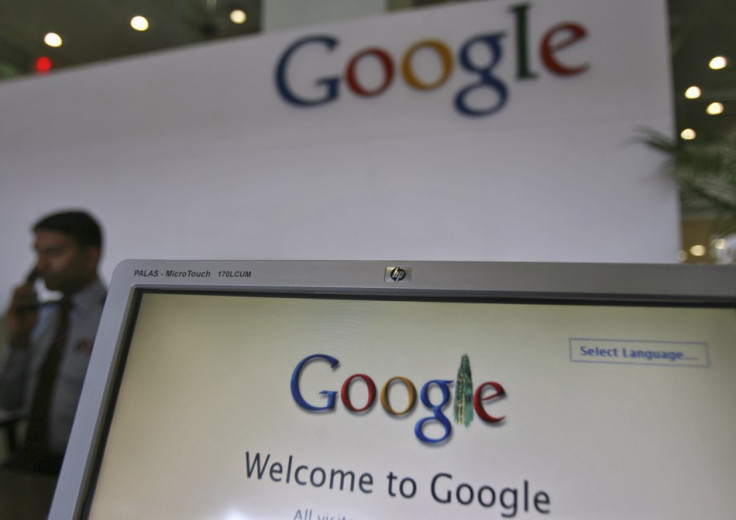Attorney-Generals Challenge Google's New Privacy Policy

Attorneys-General from 36 U.S. states have raised concerns over potential security and privacy implications of Google's new privacy policy. The Internet search engine giant's new unified privacy policy has been touted as having fraud and security implications, especially for government users and Android smartphone owners.
The 36 officials sent a joint letter to Google CEO Larry Page, questioning the company's commitment in providing a transparent privacy policy, which is void of hidden obligations to share personal information without prior user consent. They believe the changes will force the user into committing to information sharing across multiple Google-owned platforms.
Meanwhile, Connecticut Attorney General George Jepson suggested the new policy made Google a more attractive target to hackers. Also, earlier this month, Google was asked by the European Union (EU) to halt privacy policy rollout until investigations into possible impacts were completed.
"This not only raises personal privacy issues, but it makes the collected personal information an attractive target for hackers and identity thieves," Jepsen said.
However, Google chose to play down the furore, saying it had not changed any contractual obligations that existed under previous policies, besides retaining the uniform structure across both mobile and desktop service platforms to simplify its use and understanding for the users.
In a report by ITNews, Pablo Chavez, Google's Director of Public Policy, in partial response to earlier claims by the same 36 Attorney-Generals, said the new policy "does not increase the visibility of user information and maintains users' "privacy controls", but he also revealed there would be no change in how it archives that data".
"While we appreciate your efforts to inform elected officials and other members of the public, the letters have not allayed our concerns regarding the multiple issues discussed above. Indeed, they have raised as many questions as they have answered," the attorney officials replied, in the same report.
Google then went a step ahead, stating that users who did not like their new policy could simply stop using their services. Much to the chagrin of users worldwide, it appears the new privacy policy itself was uncalled for at this juncture.
Despite the criticisms and allegations, Google appears to be unperturbed.
"We've undertaken the most extensive notification effort in Google's history, and we're continuing to offer choice and control over how people use our services service. Of course we are happy to discuss this approach with regulators globally," Google's company spokesman told Wall Street Journal's All Things Digital Blog.
© Copyright IBTimes 2024. All rights reserved.























